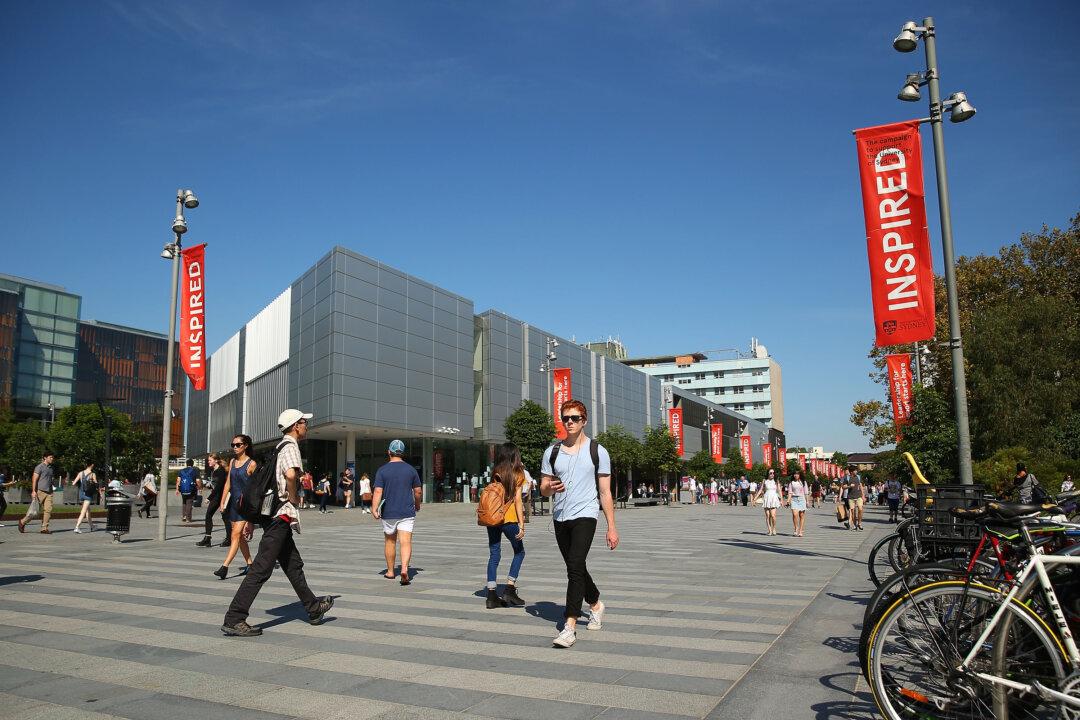The Albanese government has been criticised for blocking the Greens’ attempt to stop the indexation of student debt.
Greens deputy leader and education spokesperson, Senator Mehreen Faruqi, panned the government for blocking attempts to introduce a bill in the past six months.




